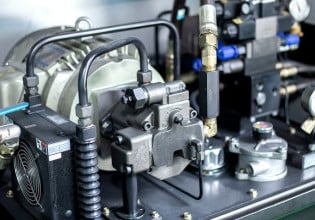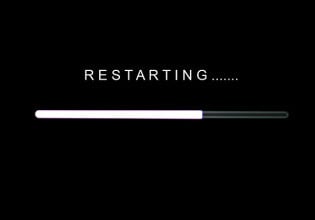Merck Expands Manufacturing Capacity to Help Johnson & Johnson with COVID-19 Vaccine Rollout
Pharmaceutical manufacturer, Merck, recently agreed to support various efforts in expanding the manufacturing capacity and supply of COVID-19 vaccines.
Who is Merck?
Merck, or MSD, is a U.S.-based pharmaceutical company that has a long-standing history in the industry. Considered one of the largest pharmaceutical companies globally, they have worked with government organizations to develop vaccines, drugs, antibacterials, and more.
They recently entered into multiple partnerships to aid in manufacturing and producing vaccine rollout efforts.
Merck Expanding its Manufacturing Capacity
Earlier this week, the company announced they would enter several partnerships to push this effort forward. The Biomedical Advanced Research and Development Authority (BARDA), part of the U.S. Department of Health and Human Services (HHS), will provide funding for approximately $268.8 million to shift many of their existing manufacturing facilities to produce the COVID-19 vaccine.

Merck filling vials in their manufacturing facility. Image used courtesy of Merck
Under the funding agreement with these organizations, Merck will shift their efforts in various manufacturing facilities across the U.S. to support the one-shot vaccine from Janssen Pharmaceuticals, part of Johnson & Johnson. They plan to do this by formulating and filling vials with the vaccine.
“This funding from BARDA will allow us to accelerate our efforts to scale up our manufacturing capacity to enable timely delivery of much-needed medicines and vaccines for the pandemic,” mentioned Mike Nally, executive VP of Human Health at Merck.
The Manufacturing Shift: Safety Considerations and Goals
There’s a lot to consider when manufacturing companies shift production for something like this. Manufacturers have to make quick decisions about production techniques and how their shift can affect other companies' production areas. When the COVID-19 pandemic began, many manufacturing companies, specifically those in the industrial sector, stepped up to help in various ways.

Johnson & Johnson’s current plan is to produce over 90 million doses of the vaccine by the end of May 2021. Image used courtesy of Johnson & Johnson
According to the Biden Administration, the deal with Merck will take some time. Administration officials noted that the general public might not see results from this until later in 2021.
A press release from the U.S. Department of Health & Human Services noted, “The collaboration will increase manufacture of vaccine drug substance, as well as its fill-finish capacity – two of the biggest bottlenecks facing J&J in the production of its vaccine.”
Merck has already designated two of its largest facilities to execute this rollout plan. These facilities will work 24/7 to meet their goals. Merck, Johnson & Johnson, and the Biden Administration have aligned their plans to ensure the U.S. has the ability to manufacture vaccines safely and effectively.

A Merck facility is shown here. Image used courtesy of Merck
A portion of BARDA’s funding will go toward upgrading and retrofitting manufacturing equipment within Merck facilities to ensure they are meeting safety requirements. Manufacturing these vaccines will be time-consuming for Merck, but it seems they are up for the challenge.
A press release from Johnson & Johnson noted, “Merck is the ninth manufacturer to join our global network and this significant collaboration will further enable us to deliver our COVID-19 vaccine worldwide.”
Merck and Johson & Johnson's new initiative hopes to speed up vaccine rollout to the general public quicker than previously thought. More large-scale pharmaceutical manufacturers and global health companies have partnered during the COVID-19 pandemic in hopes of getting vaccines out as quickly and safely as possible.






